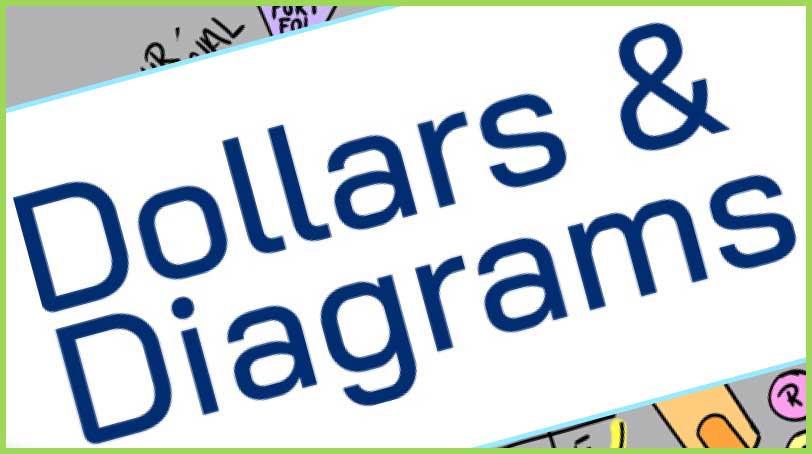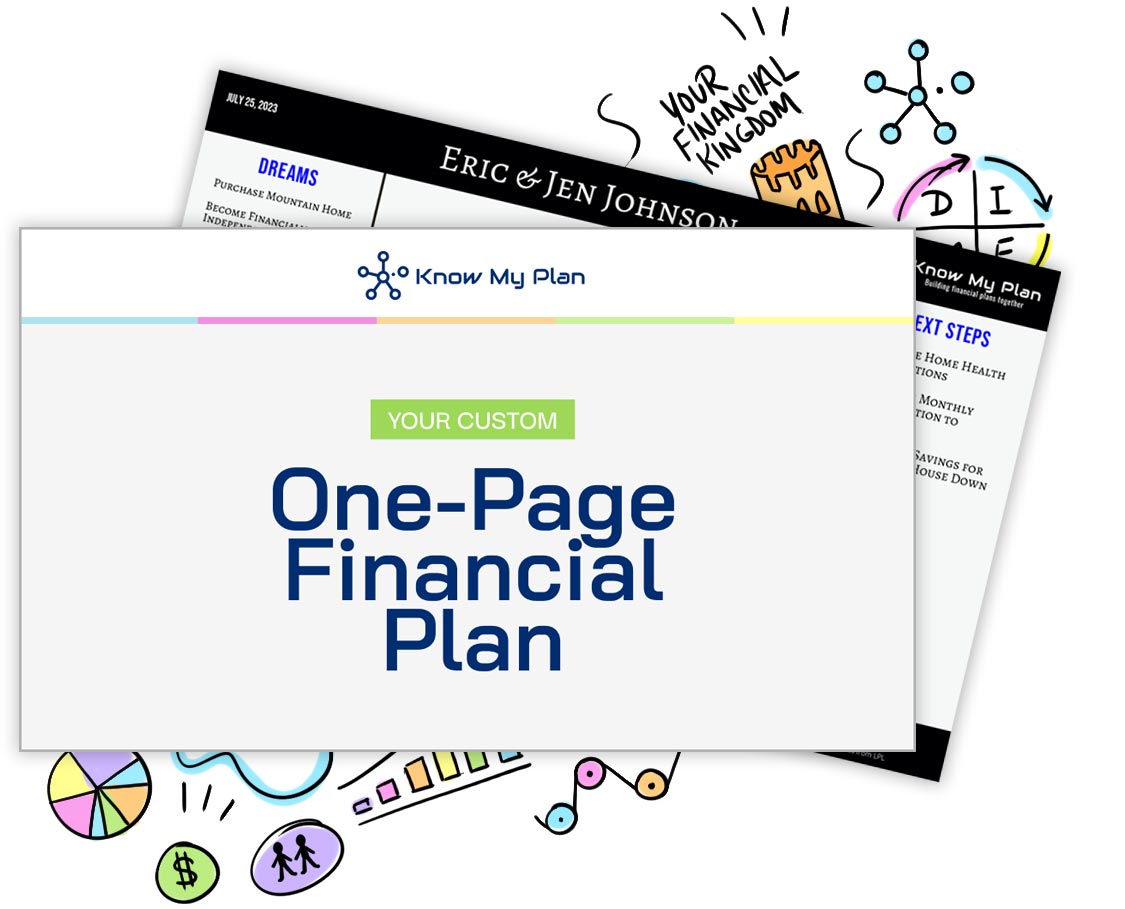I met White (46) & Fran (51) two years ago.
White works as an external sales executive for a large S&P 500® company while his wife, Fran, has climbed the corporate ladder at one of the big familiar banks.
Great annual household income, approximately $300k/year, should be plenty, right?
…but they had debt.
Here was their situation:
Credit card debt was at 12.5% (which is low in today’s environment), and they owed about $26k on a home equity line of credit.
They had amassed some savings in their Health Savings Account, but the funds were not invested.
They both had fantastic employer-sponsored retirement plans but were missing out on big opportunities.
For example, both plans allowed for the “mega-back door Roth” by utilizing the after-tax contribution.
In addition, White’s plan had a generous match, but he’d only received the match during pay periods in which he contributed. In essence, when he maxed out his 401k in June. He did not receive a match from July through December. This left thousands of dollars on the sidelines.
Also worth noting is that they had no estate planning documents in place.
Hadn’t started a college savings plan for their daughter.
All-in-all, about 90% of their liquid net worth was tied up to their pre-tax retirement plans (401k’s, IRA’s, etc.).
Finally, when asked: “Do you guys have an idea of when specifically you’ll be able to retire?” Their response: “We have no idea.”
Today, here is their situation:
Two years later.
The debt is gone.
Their estate planning documents have been notarized in sign.
They’ve established a 529 plan and are actively funding it to help with future tuition costs.
They’ve begun putting their Health Savings Account dollars to work through the investment options within their HSA, not simply leaving that balance in cash, earning nothing.
Finally,
They’ve created a healthy balance amongst their investment accounts, making allocations across taxable, tax-deferred, and tax-free accounts to help with future liquidity.
Most importantly, they’re on a path to becoming “financially independent” in seven years!
NOTE: We define financial independence as when work becomes optional because you have a high probability of successfully living from your nest egg.
White & Fran have clarity and confidence in their finances because they’ve established and stuck to a financial plan. They know what they must do every month to give them a high probability of success. They are taking more vacations and enjoying quality time together as a family.
Less stress. More clarity. More fun!
If you or someone you’re close to could use help aligning their finances and establishing a financial plan, please contact us; we’re accepting new clients and eager to help.
Cheers,
Nic
This is a hypothetical example and is not representative of any specific investment or plan. Your results may vary.





